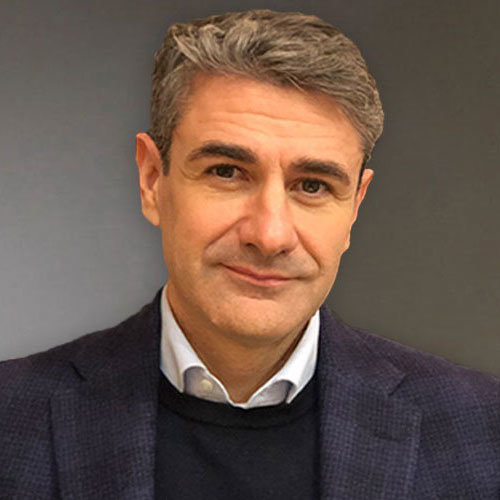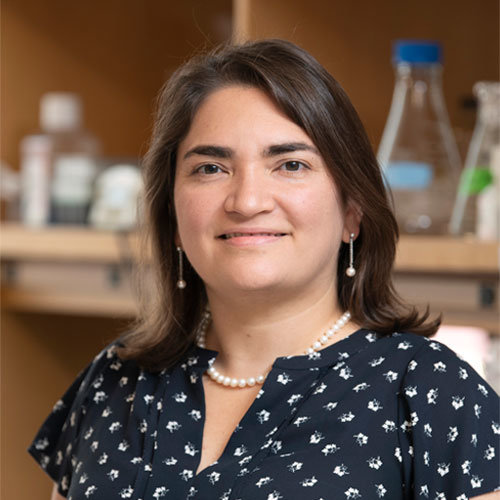

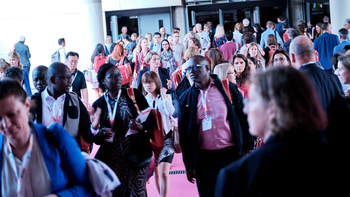
Positive preliminary data with the T-cell receptor fusion construct, gavocabtagene autoleucel
Manageable toxicity profile and signs of clinical benefit seen with gavocabtagene autoleucel in treatment-refractory mesothelin-expressing solid tumours

Novel approaches to improve immunotherapy and more news on synthetic lethality
The ESMO Congress 2021 has started today with three sessions on developmental therapeutics, including immunotherapy. The overarching theme in these sessions is the improvement of checkpoint inhibitor-based immunotherapy and a new flavour of synthetic lethality in molecularly pre-defined solid tumours.
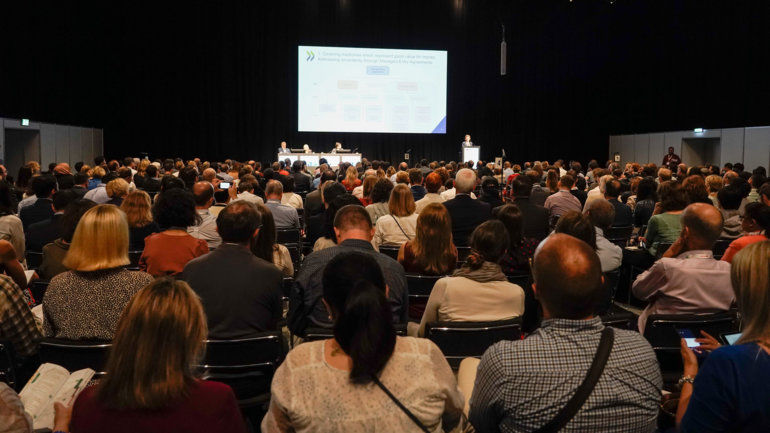
Two studies explore molecular divergence in gastric cancer
Genomic landscaping suggests molecular divergence between cancer subtypes and across disease stages, but molecular similarities between White and Asian populations
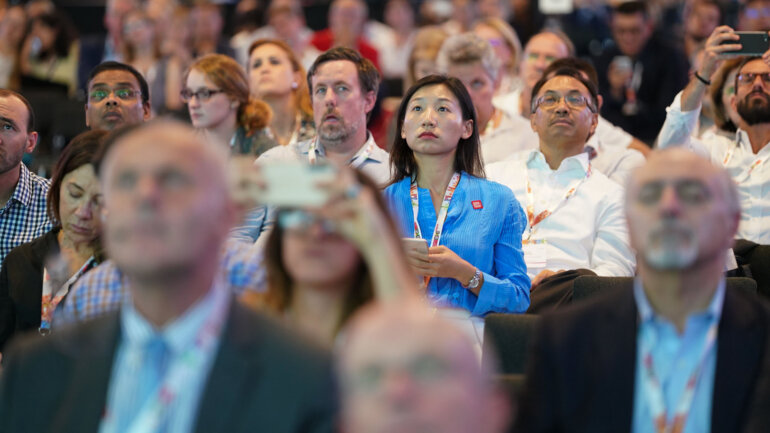
Women receiving immunotherapy may be at higher risk of adverse events than men
Prospective evidence from a multicentre study support the need for a more personalised immuno-oncology approach based on sex and gender differences

CheckMate 743 reinforces the role of immunotherapy in first-line mesothelioma
Nearly 1 in 4 patients with pleural malignancy continue to benefit from nivolumab plus ipilimumab at 3 years

Translating research ideas into patient benefits
Investigations are time-consuming and expensive, so greater public funding is needed, according to Prof. George Coukos

Milestone in hereditary breast cancer: PARP inhibition benefits women with early-stage disease
Exciting new data show that adjuvant targeted agent olaparib after chemotherapy can cut the risk of BRCA-mutated breast cancer returning or spreading in women

Momentous achievements in oncology treatment: where will the wave of innovation take cancer care?
Efficacy of targeted therapies has enabled unprecedented survival gains in the last few years, but Prof. Jean-Charles Soria believes overcoming drug resistance is likely to be a local battle fought in the tumour microenvironment

